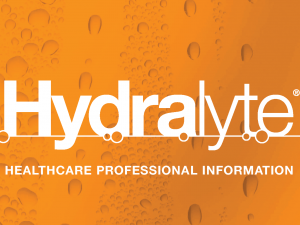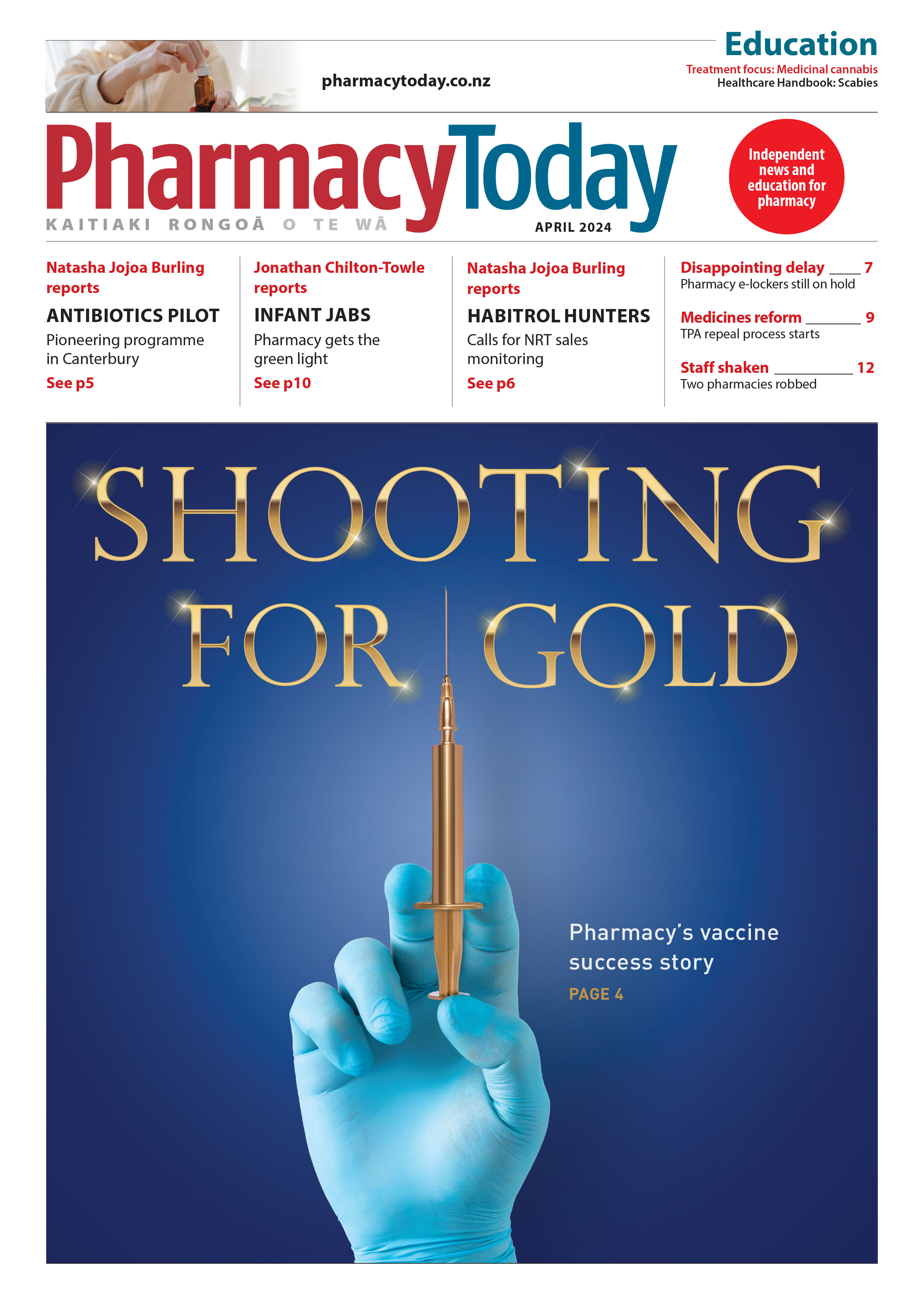In this article, Sue Frankland looks at the global problem of wastage of medications, including causes such as overprescribing and non-adherence. She also presents information from her master’s dissertation on how people understand, and respond to, medication expiration dates
Time to ‘sharpen up’ on understanding PHARMAC’s new Oct 1 free needle quantities
Time to ‘sharpen up’ on understanding PHARMAC’s new Oct 1 free needle quantities
From October 1st, PHARMAC will make further important changes to the quantities for free insulin pen needles and syringes. Experts welcome the decision believing it’s a timely reminder to actively review best practice use of needles and injection technique; and are encouraging New Zealanders with diabetes, requiring daily lifesaving injections, to become informed of the changes. PHARMAC’s decision increases the prescription and dispensing quantities from 100 to 200 needles1. For those requiring two insulin injections per day, the changes now cover a full three months needle supply,1 reducing the number of GP consults. Helen Snell, Nurse Practitioner at the Diabetes and Endocrinology Service at Midcentral District Health Board says, “The new PHARMAC pen needle and insulin syringe quantities present an important step forward in ensuring people are fully covered to use a new needle for each and every injection and can apply good injection practices helping to reduce needle re-use and the associated health risks.” “It is critical the growing number of New Zealanders requiring more than two injections per day request two prescriptions (covering 400 needles) so they are not out-of-pocket and not in a position where they run out of needles, which is when needle re-use or even skipping injections can occur,” Helen continued. Market research has shown issues already exist with injecting practices in New Zealand: 86% of people surveyed had re-used pen needles and 84% had missed injections. The same survey found the average rate of daily injections to be 3.7 times.2
Diabetes NZ CEO, Heather Verry added: “We are very pleased with the changes implemented by PHARMAC which will result in fewer GP visits and help simplify one of the challenging day-to-day aspects for people living with diabetes. “We believe however, there is still work to be done to address the needs of those requiring three or more daily injections. Everyone needs to be fully supported and covered - so there is no reason to compromise on self-care or re-use needles.” Diabetes is New Zealand’s largest and fastest growing health issue, with over 240,000 people currently diagnosed (mostly with type 2 diabetes) and an estimated 100,000 people living with type 2 diabetes but not aware.3 The prevalence has been rising at an average of seven per cent per year for the last eight years.4 Beckon Dickinson (BD) welcomes PHARMAC’s changes and believes they are a significant step forward in easing the financial burden of those living with diabetes and ensuring New Zealanders can effectively manage their prescribed treatment program.
Counting the cost: Health risks
•Re-use of needles is associated with lipohypertrophy (LH), whereby a lump forms under the skin and affects medication absorption5
LH is associated with higher unexpected hypoglycemic events and increased
•variation in blood glucose levels5 •An important goal of treatment in diabetes, a progressive disease, is to maintain
stable blood glucose levels as this leads to fewer complications6
References
1.Pharmaceutical Management Agency. New Zealand Pharmaceutical Schedule Update October 2019. Accessed 24
September 24, 2019. Available at: https://www.pharmac.govt.nz/2019/09/18/SU.pdf
2.Diabetes and injection management – New Zealand. December 2018. Information on file
3.New Zealand Ministry of Health. Diabetes. Accessed 12 September 2019. Available at:
https://www.health.govt.nz/your-health/conditions-and-treatments/diseases-and-illnesses/diabetes
4.New Zealand Ministry of Health. Living Well with Diabetes: A plan for people at high risk of or living with diabetes
2015–2020. Accessed 12 September 2019. Available at
https://www.health.govt.nz/system/files/documents/publications/living-well-with-diabetes-oct15.pdf
5.Frid AH, Kreugel G, Grassi G, et al. Mayo Clin Proc. 2016;91(9):1231–1255
6.New Zealand Ministry of Health. About Diabetes. Accessed 23 July 2019. https://www.health.govt.nz/our-





